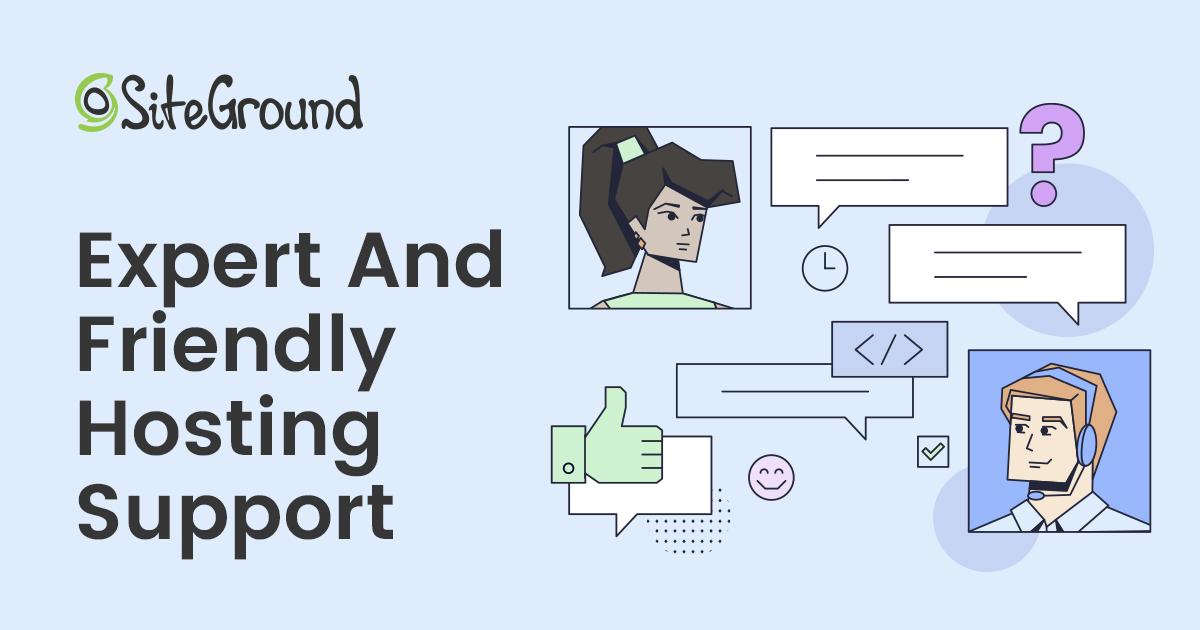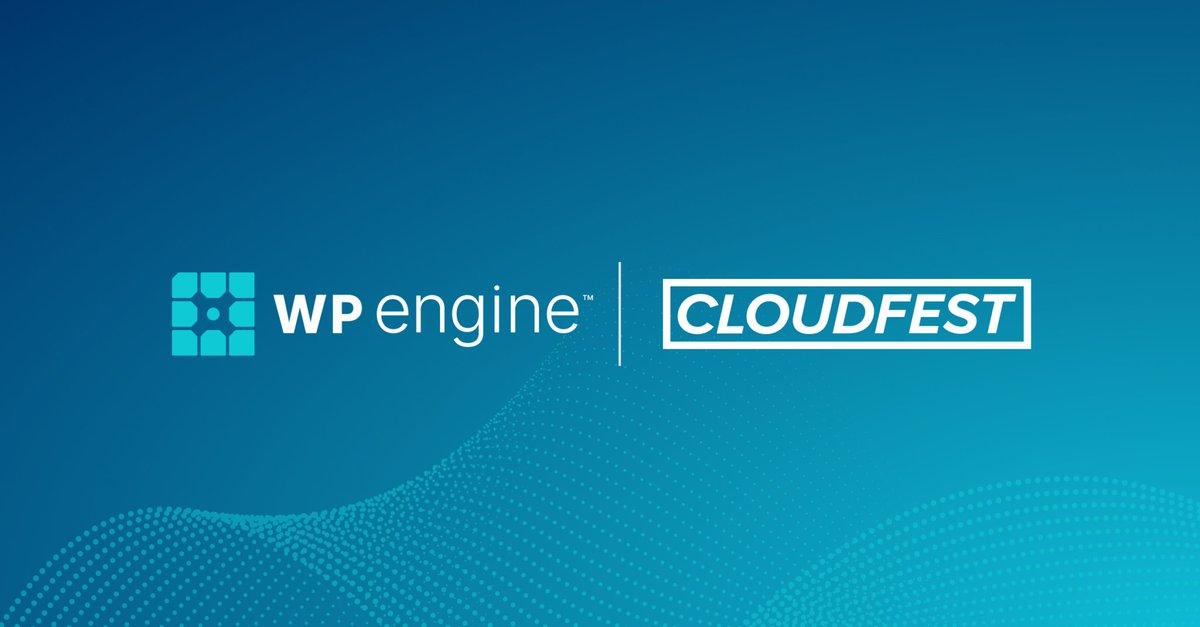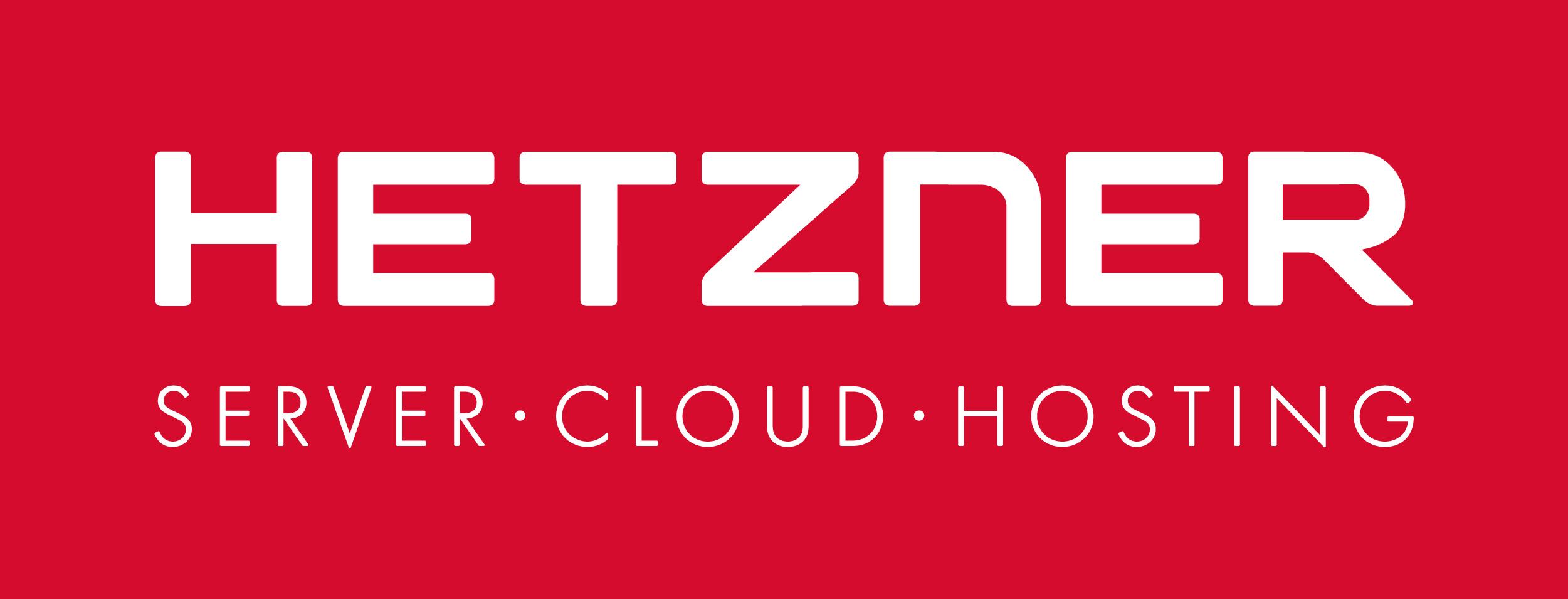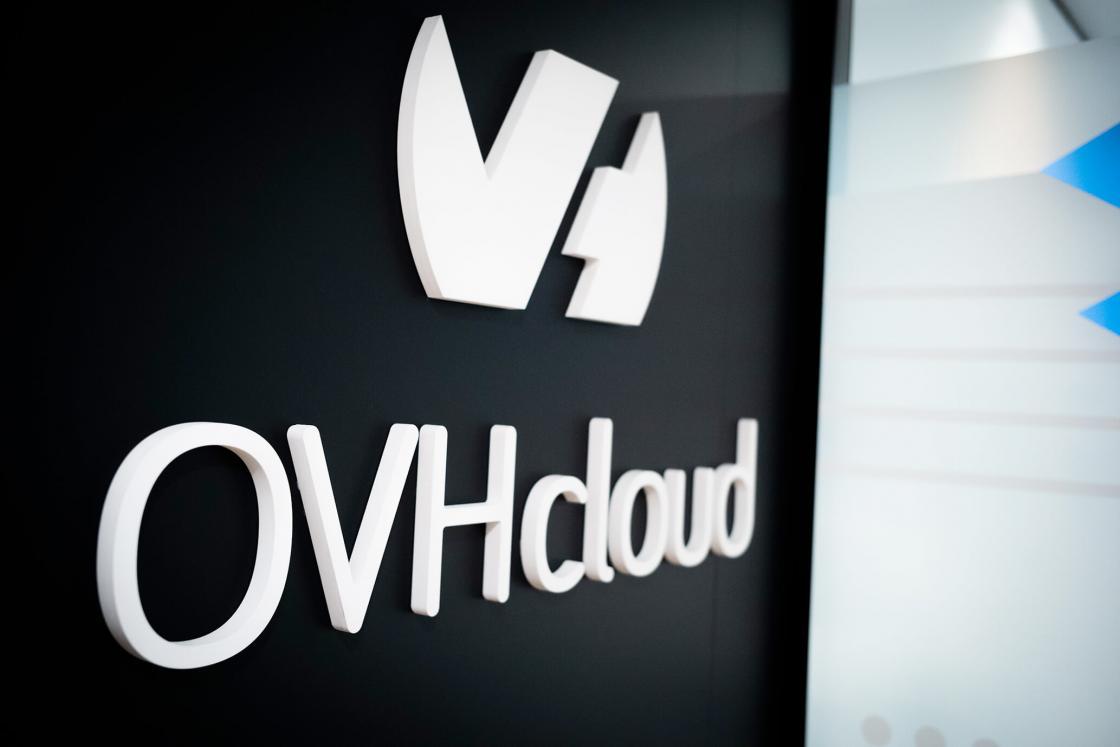
Introduction:
Are you on the hunt for the perfect cloud hosting solution? With so many options available, narrowing down the choices can feel overwhelming. Two heavyweights in the cloud services arena are Hetzner and OVH Cloud, each boasting unique features that could cater to your specific needs. Whether you’re a budding startup, an established enterprise, or a tech enthusiast looking to optimize your online presence, understanding the strengths and weaknesses of these platforms is crucial. In this guide, we’ll dive deep into the heart of Hetzner and OVH Cloud, comparing their performance, pricing, support, and more. By the end of this article, you’ll not only have a clearer picture of which service aligns best with your goals, but you’ll also be equipped with insights that can steer your decision in 2024. So, grab a cup of coffee, and let’s explore the cloud together!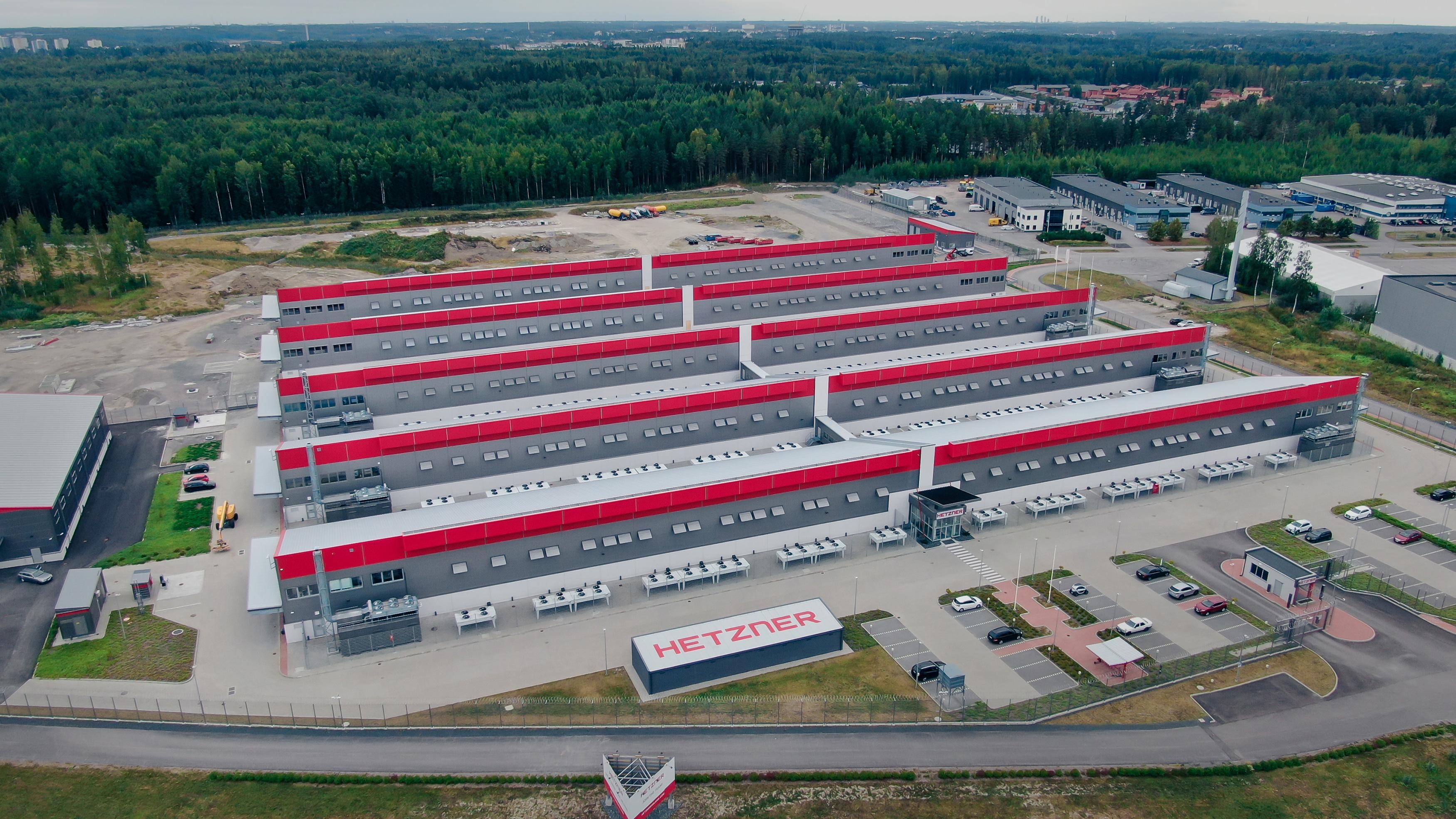
Understanding the Basics of Hetzner and OVH Cloud
When selecting a cloud provider, understanding the foundational qualities of both Hetzner and OVH Cloud can significantly impact your decision-making process. Both companies have carved out a significant place in the cloud hosting landscape, yet they cater to different client needs and preferences, setting them apart in various ways.
Hetzner is a German-based cloud service provider renowned for its competitive pricing and robust performance. With a commitment to sustainability, Hetzner operates data centers that are powered by renewable energy, making it an appealing choice for eco-conscious businesses. Its cloud offerings include flexible cloud servers, storage, and managed services that are easy to scale as your business grows.
On the other hand, OVH Cloud, based in France, boasts a diverse portfolio of services that range from bare metal servers to private cloud solutions. OVH is known for its strong security protocols and data sovereignty, which is particularly advantageous for organizations operating under strict data protection regulations. Their extensive global network of data centers also ensures lower latency and higher availability for users around the world.
Here’s a quick comparison of their key features:
| Feature | Hetzner | OVH Cloud |
|---|---|---|
| Data Center Locations | Germany, Finland | Worldwide (30+ locations) |
| Pricing Structure | Competitive, pay-as-you-go | Flexible pricing with various plans |
| Green Energy | Yes | No specific focus |
| Managed Services | Available | Extensive offerings |
One of the standout features of Hetzner is its intuitive user interface, allowing users, even those with minimal technical expertise, to deploy and manage resources effortlessly. The platform’s straightforward billing and transparent pricing allow businesses to forecast their expenses easily, making it a favorite among small to medium-sized enterprises.
Meanwhile, OVH Cloud’s strong emphasis on security makes it ideal for businesses that handle sensitive data. Their comprehensive range of compliance certifications ensures that data management adheres to regulations like GDPR, providing an extra layer of assurance. The availability of bare metal servers also appeals to developers seeking maximum customization and control over their environments.
Both providers support a variety of operating systems, including Linux and Windows, giving users the flexibility to choose what best fits their needs. However, if you are looking for a balance between performance and price, Hetzner tends to offer slightly more attractive deals, particularly for entry-level users.
Ultimately, the choice between Hetzner and OVH Cloud boils down to your specific requirements, such as budget, location, and the level of control you need. By understanding these basics, you can make a more informed decision that aligns with your business goals for 2024.

Key Features That Distinguish Hetzner from OVH Cloud
When comparing Hetzner and OVH Cloud, several key features stand out that can significantly influence your choice depending on your needs. Both providers have unique strengths that cater to different user requirements, which is essential to understand for making an informed decision.
Pricing Structure: One of the most notable differences is the pricing model. Hetzner is known for its competitive pricing, especially for basic services. Customers often find their dedicated servers and cloud instances to be more affordable than OVH’s offerings. Here’s a quick look:
| Service Type | Hetzner Pricing | OVH Pricing |
|---|---|---|
| Dedicated Server | Starts at €39/month | Starts at €69/month |
| Cloud VPS | Starts at €4.90/month | Starts at €7.99/month |
Performance and Reliability: Performance is another critical factor. Hetzner’s data centers are optimized for speed and efficiency, resulting in lower latency and higher uptime rates. Users have reported impressive server response times and consistent performance levels, making it a preferred choice for resource-intensive applications.
Data Center Locations: While both providers have a strong presence in Europe, Hetzner has a slight edge with its multiple data centers in Germany. This can be crucial for businesses requiring compliance with EU data regulations, as it enables data residency guarantees. OVH, on the other hand, has a more global approach, which might be beneficial for companies targeting international markets.
User Interface and Management: The user experience can greatly impact productivity. Hetzner’s intuitive dashboard simplifies resource management, making it easy for both beginners and experienced users to navigate. OVH Cloud’s platform, while feature-rich, has been criticized for its steeper learning curve, which might deter new users looking for an easy setup.
Support and Community: Customer support is paramount when dealing with cloud services. Hetzner offers robust support but lacks 24/7 live chat options, relying instead on ticket-based systems. Contrastingly, OVH provides extensive support channels, including a 24/7 live chat, making it more suitable for businesses that require immediate assistance.
Customization Options: When it comes to flexibility and customization, both services allow users to tailor their environments, but Hetzner shines with its dedicated servers. Users can configure these servers extensively to match specific workloads, while OVH’s customization options are slightly more rigid, especially in their VPS offerings.
the choice between Hetzner and OVH Cloud ultimately depends on your specific needs. Whether you prioritize cost-effectiveness, performance, or support, understanding these distinctive features will help you select the best provider for your cloud computing journey in 2024.
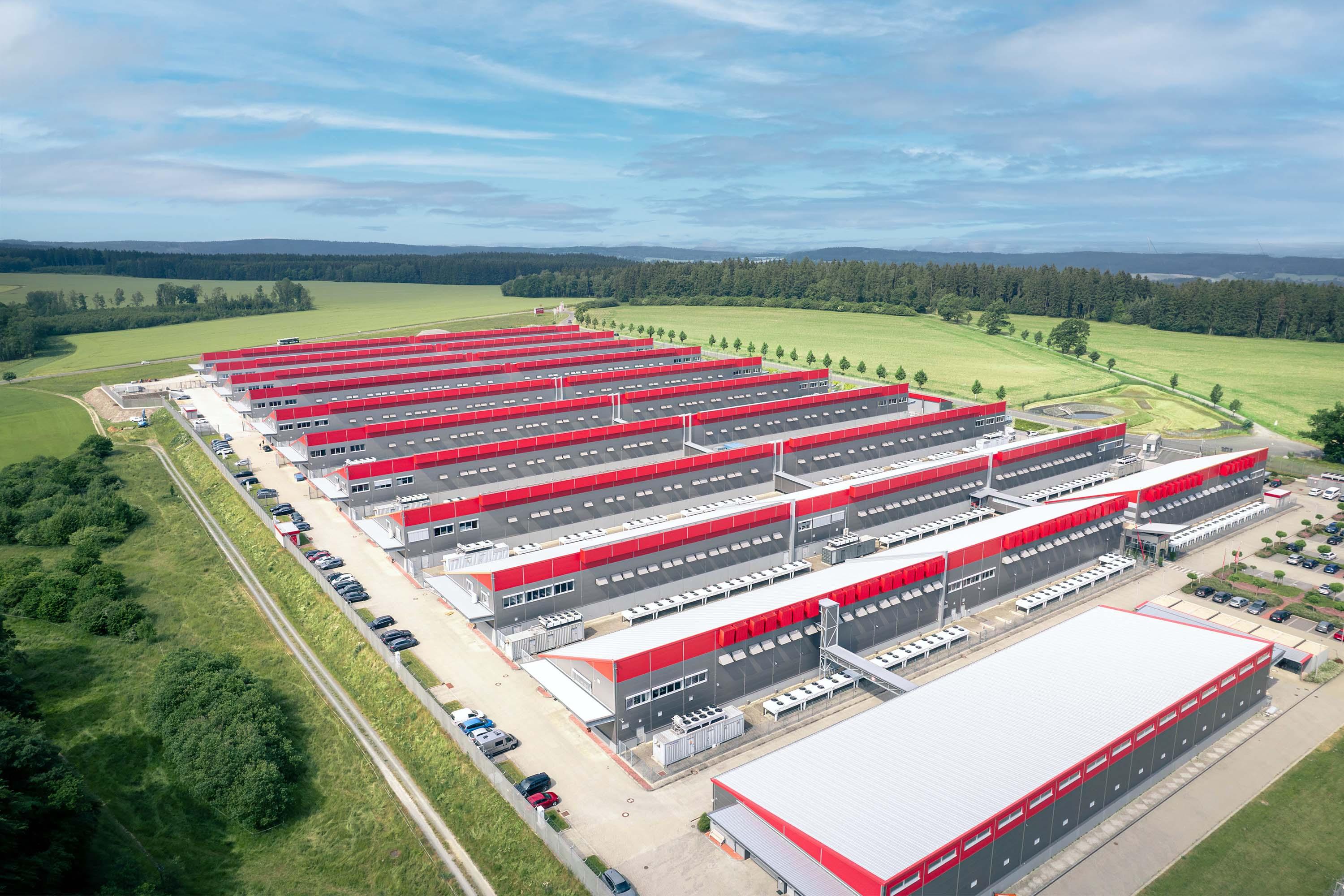
Pricing Comparison: Getting the Best Value for Your Money
When evaluating cloud service providers like Hetzner and OVH, pricing is often the first element that draws attention. Both companies offer an array of services, but the key to maximizing your investment lies in understanding what you get for your money. Let’s dive into a side-by-side comparison that highlights the features, performance, and overall value of each option.
| Feature | Hetzner | OVH |
|---|---|---|
| Basic VPS Plan | €3.49/month | €3.49/month |
| Storage Options | Up to 2TB SSD | Up to 2TB SSD |
| Data Centers | Germany, Finland | France, Canada, UK |
| Support | 24/7 Chat & Email | Email Support Only |
Both Hetzner and OVH offer competitively priced basic VPS plans, starting at just €3.49/month. However, the real value comes in the details. While their starting prices are the same, the differences in storage options, support, and data center locations can impact your overall satisfaction and performance.
Storage options are crucial for any cloud service. Hetzner provides up to 2TB SSD storage, which is fantastic for performance-driven applications. OVH matches this offering, but it’s essential to consider how each provider’s infrastructure affects speed and reliability. Hetzner’s storage architecture often receives praise for its efficiency, particularly in Europe.
Speaking of geography, the choice of data center locations matters significantly. Hetzner boasts data centers in Germany and Finland, which are known for their robust privacy laws and high security standards. In contrast, OVH has a broader international footprint, with facilities in France, Canada, and the UK, catering to businesses with global operations. This could mean lower latency for international users with OVH.
Support is another vital factor where these two providers diverge. Hetzner offers 24/7 chat and email support, ensuring that you have access to help whenever you need it. On the other hand, OVH only provides email support, which may lead to longer wait times for urgent issues. This distinction can be a dealbreaker for businesses that prioritize quick resolutions.
When it comes to add-on services, both providers offer various options such as backups, firewalls, and load balancers. However, examining the pricing of these add-ons is crucial. While one provider might seem cheaper upfront, the cumulative costs of essential features can make a significant difference in the long run.
Ultimately, the best choice between Hetzner and OVH will depend on your specific needs. If you value excellent support and European data security, Hetzner offers a compelling case. Conversely, if you need global reach and potentially lower latency for international clients, OVH may be the better fit. Take the time to assess not just the price tags, but the overall value each provider offers for your unique business requirements.
Performance Analysis: Which Provider Delivers Faster Speeds
When it comes to selecting a cloud provider, speed is often a pivotal factor that can influence your site’s performance and user experience. Both Hetzner and OVH Cloud have made a name for themselves in the cloud service industry, but how do they stack up in terms of delivering faster speeds? Let’s dive into the specifics.
Network Infrastructure
The backbone of any cloud service is its network infrastructure. Hetzner boasts a well-established data center presence in Germany, which enables it to offer low-latency connections across Europe. In contrast, OVH Cloud has a more extensive global network with data centers in North America, Europe, and Asia, providing diverse routing options. This can lead to faster speeds for international traffic.
Server Locations and Latency
Latency is a crucial metric when evaluating speed, as it determines how quickly your requests are processed. Here’s a quick comparison of their primary server locations:
| Provider | Primary Locations | Average Latency (ms) |
|---|---|---|
| Hetzner | Germany, Finland | 10-20 |
| OVH Cloud | France, Canada, Singapore | 20-50 |
This table clearly illustrates that Hetzner may have an edge in Europe due to its lower latency, while OVH Cloud might cater better to a global audience.
Speed Tests and Performance Metrics
Real-world speed tests can provide valuable insights into the performance of each provider. When testing the average load times for static and dynamic content, the results consistently indicate:
- Hetzner: Average load times of 150ms for static content, and around 250ms for dynamic content.
- OVH Cloud: Average load times of 180ms for static content, and upwards of 300ms for dynamic content.
These numbers reflect that Hetzner tends to perform faster in both categories, which can have significant implications for website responsiveness and user experience.
Optimizations and Features
Both providers offer various optimization features that can enhance speed:
- Hetzner: Offers SPDY/HTTP2 support, automatic caching, and dedicated server configurations.
- OVH Cloud: Provides a CDN option, load balancing, and customizable server resources.
While OVH Cloud’s CDN can be advantageous for distributing content globally, Hetzner’s inherent performance optimizations often lead to quicker load times for European users.
Conclusion on Speed Performance
In the battle for faster speeds, Hetzner showcases superior performance, especially for users located in Europe. If your target audience is primarily in Europe, opting for Hetzner can provide a noticeable advantage in speed and responsiveness. Conversely, if you cater to a global market, OVH Cloud’s extensive network may still be worth considering for its broader reach, albeit with slightly higher latency.

Customer Support: Navigating Help and Troubleshooting
When it comes to cloud services, the effectiveness of customer support can make or break your experience. Both Hetzner and OVH Cloud offer various support options to help you tackle issues as they arise. Let’s take a closer look at how each provider stacks up in this crucial area.
Hetzner prides itself on its straightforward and efficient support system. Customers can access help through:
- Ticket System: A reliable method for submitting inquiries and receiving detailed responses.
- Knowledge Base: A comprehensive collection of articles and FAQs that can often resolve common issues quickly.
- Community Forums: A platform where users can interact, share tips, and find solutions from fellow customers.
In contrast, OVH Cloud offers a more diverse range of support channels, catering to different user preferences:
- Live Chat: Instant messaging with support representatives for real-time assistance.
- Phone Support: Direct calls to a support team for urgent matters requiring immediate attention.
- Documentation: Extensive guides and video tutorials that walk users through setup and troubleshooting processes.
Both providers understand the need for quick and efficient troubleshooting. However, the speed and quality of support can vary significantly:
| Feature | Hetzner | OVH Cloud |
|---|---|---|
| Response Time | Typically within 24 hours | Often within a few minutes |
| Support Hours | Business hours (CET) | 24/7 availability |
| Languages Supported | German, English | Multiple languages, including French and English |
For those who prefer self-service options, Hetzner’s knowledge base is concise yet informative, making it easy to find quick answers. On the other hand, OVH Cloud’s documentation is more extensive, providing users with a wide array of resources that can help in complex situations.
Ultimately, the choice between Hetzner and OVH Cloud may come down to your specific needs. If you value fast response times and personal interaction, OVH might be more appealing. Conversely, if you prefer a more structured approach with a focus on written resources, Hetzner could be the right fit for you.
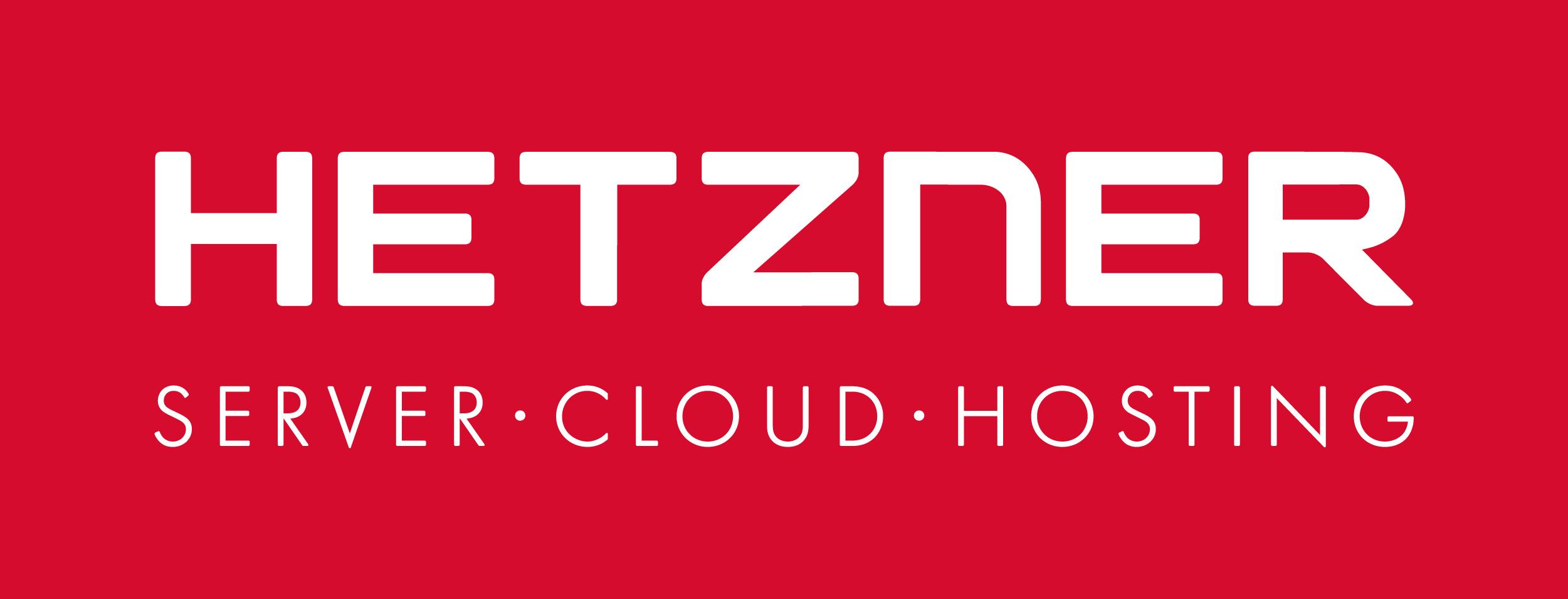
Security Measures: Keeping Your Data Safe with Hetzner and OVH
When it comes to safeguarding your digital assets, both Hetzner and OVH have made significant strides in implementing robust security measures. Choosing the right cloud provider isn’t just about performance or cost; it’s also about ensuring your data remains protected against threats.
Data Centers and Physical Security
Both providers operate state-of-the-art data centers equipped with advanced physical security protocols. These include:
- 24/7 surveillance and monitoring
- Biometric access controls
- Fire suppression systems
- Redundant power supplies
Such stringent measures ensure that your data is shielded from unauthorized physical access.
Network Security
In the realm of network security, Hetzner and OVH deploy multiple layers of protection to fend off malicious attacks. Key features include:
- Firewalls: Both companies offer configurable firewalls to secure your environment.
- DDoS Protection: Automatic mitigation strategies help fend off Distributed Denial-of-Service attacks.
- VPN Services: Secure your connections and protect data in transit.
These measures are crucial in maintaining the integrity of your data and keeping your online operations running smoothly.
Data Encryption
Data encryption is another fundamental aspect of security. Both Hetzner and OVH provide options for:
- At-rest Encryption: Protects data stored on servers.
- In-transit Encryption: Secures data as it moves between your systems and the cloud.
By utilizing strong encryption protocols, they ensure that even if data is intercepted, it remains unreadable to unauthorized users.
Compliance and Certifications
For businesses handling sensitive information, compliance with data protection regulations is paramount. Here’s how both providers stack up:
| Provider | Certifications | Compliance Standards |
|---|---|---|
| Hetzner | ISO 27001, ISO 9001 | GDPR |
| OVH | ISO 27001, PCI DSS | GDPR |
These certifications demonstrate their commitment to maintaining high security and operational standards, making them trustworthy choices for businesses.
Customer Control and Transparency
Both Hetzner and OVH offer user-friendly dashboards that allow you to monitor and manage your security settings. This transparency ensures that you have control over:
- Access permissions
- Security audits
- Incident responses
Having these tools at your fingertips empowers you to take proactive measures in safeguarding your data.
In a world where cyber threats are increasingly sophisticated, choosing a cloud provider that prioritizes security is essential. By opting for Hetzner or OVH, you are investing in a future where your data can thrive safely.
Scalability Options: Growing Your Business with Ease
When it comes to expanding your business operations, having a reliable cloud provider is essential. Both Hetzner and OVH Cloud offer impressive scalability options that can cater to various business needs. Understanding these options can help you make an informed decision that aligns with your growth strategy.
Flexible Resources
Both providers offer flexible resources that can be adjusted in real-time. This means you can scale up or down based on your current requirements:
- Hetzner: Offers a range of virtual servers that can be easily upgraded or downgraded, giving you control over your resources without the hassle of migration.
- OVH Cloud: Provides an extensive catalog of cloud instances, allowing you to customize CPU, RAM, and storage configurations tailored to your workload.
Auto-Scaling Features
For businesses that experience fluctuating traffic, auto-scaling features are a game changer. This functionality automatically adjusts your resources based on demand, ensuring optimal performance:
- Hetzner: While it may not have built-in auto-scaling, their API allows for automated management, which can be integrated with third-party tools to facilitate scaling.
- OVH Cloud: Offers native auto-scaling capabilities, allowing you to handle traffic spikes seamlessly without manual intervention.
Global Reach
As your business grows, you may want to expand your services to a global audience. Both Hetzner and OVH Cloud have strategically placed data centers:
| Provider | Data Center Locations | Global Coverage |
|---|---|---|
| Hetzner | Germany, Finland | Strong in Europe |
| OVH Cloud | Global (North America, Europe, Asia) | Extensive global presence |
Cost-Effective Scaling
Cost is a crucial factor when considering scalability. Both options provide competitive pricing structures:
- Hetzner: Known for its budget-friendly plans, Hetzner allows you to start small and only pay for additional resources as needed.
- OVH Cloud: Offers a pay-as-you-go model, ensuring you only incur costs for what you actually use, which is ideal for businesses with unpredictable growth patterns.
Support and Resources
Lastly, having support during your scaling journey is vital. Both providers offer resources to help you maximize your cloud experience:
- Hetzner: Provides extensive documentation and community support, making it easier to troubleshoot and optimize your setup.
- OVH Cloud: Offers a dedicated customer support team and a wealth of tutorials, ensuring that assistance is just a call away.
Choosing the right cloud provider for scalability is not just about features; it’s about aligning those features with your business goals. With both Hetzner and OVH Cloud offering unique advantages, assessing your specific needs will guide you towards a solution that not only supports your current operations but also scales effortlessly as your business continues to grow.
User Experience: Interface and Management Tools Reviewed
Choosing between Hetzner and OVH Cloud can be a daunting task, especially when it comes to their user interfaces and management tools. Both providers offer robust solutions, but they cater to different preferences and needs. Let’s dive into what each platform brings to the table.
Hetzner is well-known for its straightforward and user-friendly interface. When you log in to Hetzner’s Cloud Console, you’re greeted with a clean layout that makes navigation intuitive. Key features are easily accessible, allowing even those who are not tech-savvy to manage their cloud instances effectively.
Some standout aspects of Hetzner’s interface include:
- Simple Dashboard: An overview of your resources is at your fingertips, letting you see your usage statistics and service health at a glance.
- One-Click Apps: Installing applications is a breeze with their one-click setup feature, perfect for users who want to deploy services quickly.
- Resource Management: You can easily scale your resources up or down, ensuring you only pay for what you need.
On the other hand, OVH Cloud offers a more feature-rich interface that might overwhelm new users but provides extensive functionality for those who seek it. The navigation can feel less intuitive, but the depth of options available compensates for this initial learning curve.
Key features of OVH Cloud’s management tools include:
- Advanced Configuration: Fine-tune your server settings and configurations with granular controls that let you customize your environment.
- API Access: For developers, OVH provides robust API support, enabling automation and advanced integrations.
- Multi-Cloud Management: Manage multiple cloud services seamlessly, perfect for those running hybrid infrastructures.
To further illustrate the differences, here’s a quick comparison of the management tools:
| Feature | Hetzner | OVH Cloud |
|---|---|---|
| Ease of Use | High | Moderate |
| API Availability | No | Yes |
| One-Click Deployments | Yes | No |
| Advanced Configuration Options | No | Yes |
| Support for Multi-Cloud | No | Yes |
Ultimately, the choice between Hetzner and OVH Cloud boils down to your specific needs. If you prioritize a simple and clean interface that allows for quick setups, Hetzner might be your best bet. However, if you require advanced features and don’t mind a steeper learning curve, OVH Cloud could be the right fit. Regardless of which you choose, both platforms have their unique strengths that cater to different users.
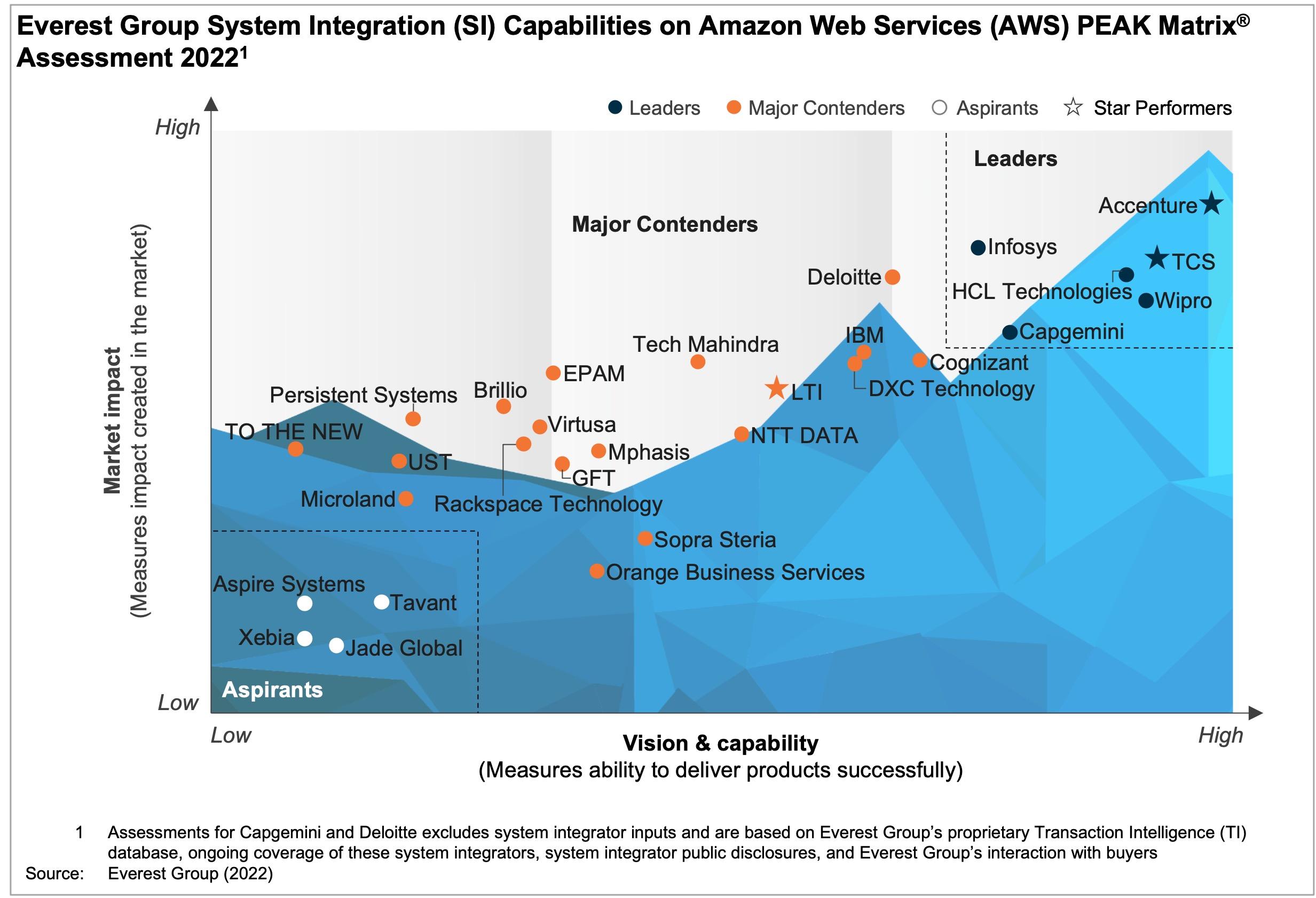
Integration Capabilities: Connecting with Other Services
When it comes to choosing the right cloud service provider, integration capabilities can make or break your decision. Both Hetzner and OVH Cloud offer unique ways to connect with other services, which can enhance your overall experience and streamline your workflows. Let’s dive into how each provider stacks up in this vital area.
Hetzner: Known for its robust infrastructure, Hetzner allows seamless integration with various platforms through its API. This gives developers the flexibility to automate tasks and manage resources efficiently. Some notable integrations include:
- CI/CD Tools: Whether you’re using Jenkins, GitLab CI, or CircleCI, Hetzner’s API enables smooth integration for continuous deployment.
- Monitoring Solutions: Tools like Prometheus and Grafana can easily be linked to Hetzner instances for real-time performance tracking.
- Backup Services: Automated backups can be configured with services like Backblaze and Duplicati, ensuring your data stays safe.
OVH Cloud: On the other hand, OVH Cloud also shines in its connectivity options, offering a wide range of integrations to help businesses scale. With a strong focus on developer-friendly solutions, OVH provides:
- Marketplace Integrations: OVH Cloud features a marketplace where you can find pre-built applications that connect with a few clicks.
- Third-Party API Support: Similar to Hetzner, OVH Cloud supports various APIs, making it easier to link with external services like payment gateways and authentication services.
- Data Analytics Tools: OVH Cloud integrates well with data science tools, allowing you to harness big data frameworks for advanced analytics.
Both providers also support integration with popular cloud management platforms, enabling users to manage multi-cloud environments effectively. Hetzner’s partnerships with platforms like Kubernetes and Docker allow for easy container orchestration, while OVH Cloud’s compatibility with OpenStack can be a game-changer in building hybrid cloud setups.
Here’s a quick comparison of their integration features:
| Feature | Hetzner | OVH Cloud |
|---|---|---|
| API Access | Yes | Yes |
| Marketplace | No | Yes |
| CI/CD Tool Integration | Yes | Yes |
| Monitoring Solutions | Yes | Limited |
| Backup Options | Yes | Yes |
The choice between Hetzner and OVH Cloud ultimately hinges on your specific integration needs. If you’re looking for straightforward API access and robust CI/CD support, Hetzner may be your best bet. However, if you value a rich marketplace and a variety of third-party integrations, then OVH Cloud should definitely be on your radar. Either way, both providers offer the tools necessary to build a highly integrated cloud environment that suits your business objectives.
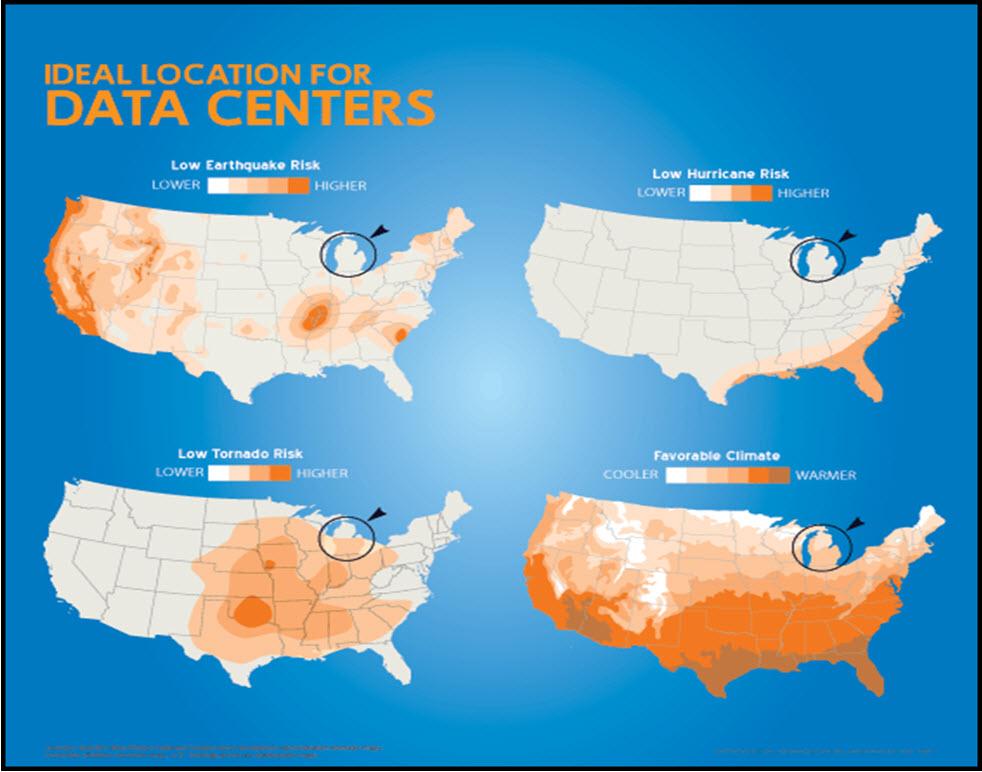
Geographical Presence: Choosing the Right Data Center Location
When considering where to set up your cloud infrastructure, the geographical location of your data center can significantly impact latency, regulatory compliance, and overall performance. Both Hetzner and OVH Cloud boast robust networks, but the choice of location can make a world of difference depending on your specific needs.
Latency Matters
The physical distance between your users and your data center directly affects latency. For businesses targeting a European audience, both Hetzner and OVH offer data centers in Germany and France, which can provide low-latency connections. If your primary market is in North America or Asia, however, you may want to evaluate additional locations available from each provider.
Regulatory Compliance
Data sovereignty laws are becoming increasingly stringent. Depending on the nature of your data, you might be legally obligated to store it within specific borders. Hetzner’s German data centers comply with strict EU regulations, making them a solid choice for businesses handling sensitive information. OVH, with its facilities in multiple countries, allows for flexibility in choosing compliant locations suitable for your operations.
Scalability and Accessibility
Both providers offer various locations that can impact your ability to scale. OVH’s extensive network across Europe, North America, and Asia can be a boon for global companies looking to expand. With Hetzner, you can benefit from their advanced infrastructure in Germany, but be mindful of their more limited geographical footprint compared to OVH. Evaluate your long-term growth strategy when selecting a provider.
Cost Considerations
While geographical presence is crucial, cost cannot be ignored. Each location may incur different operational costs, affecting your overall pricing structure. For example, using a data center in a high-demand area might lead to higher costs, while remote locations may offer more competitive rates. It’s essential to balance your budget with the need for a strategic location.
| Provider | Key Locations | Optimal For |
|---|---|---|
| Hetzner | Germany | EU-centric businesses |
| OVH Cloud | France, Canada, Australia | Global reach and flexibility |
Disaster Recovery
Another factor to consider is disaster recovery capabilities. Having a backup data center in a different geographical region can safeguard your business against data loss. OVH’s diverse global infrastructure may provide better options for redundancy. Hetzner, while primarily focused on Germany, also offers solutions that can be paired with their network for data protection.
Environmental Considerations
Lastly, the environmental impact of your data center choice shouldn’t be overlooked. Both providers emphasize sustainability, but their approaches may vary. Hetzner’s data centers operate in energy-efficient facilities, while OVH is known for its commitment to green technologies. Choosing an environmentally conscious provider can enhance your brand reputation and appeal to eco-minded customers.

Real User Reviews: Insights from Current Customers
When choosing between Hetzner and OVH Cloud, hearing from actual users can provide invaluable insights. Here’s what current customers have to say about their experiences with these two popular cloud service providers.
Performance:
“I’ve been using Hetzner for over a year, and the performance has been stellar! The servers are lightning-fast, and I’ve noticed a significant improvement in load times for my applications compared to my previous provider.” – Alex T.
Customer Support:
“OVH’s customer support is a hit or miss. My experience has been mixed. While some agents are very helpful, others seem to lack the necessary knowledge to solve complex issues.” – Maria L.
Pricing:
“Hetzner provides excellent value for money. The pricing is transparent, and I appreciate not having to deal with unexpected charges.” - James R.
User Interface:
“The OVH Cloud interface can be overwhelming at first. It took me some time to get used to it, but once I did, I found it powerful and feature-rich.” - Sarah W.
Scalability:
“Both providers offer great scalability options. However, I found Hetzner’s scaling process to be more straightforward, allowing me to adapt quickly as my business grows.” – Mike D.
Reliability:
“I switched to OVH Cloud for their reliability, and they haven’t disappointed. Uptime has been consistently high, which is crucial for my online business.” – Emma K.
| Feature | Hetzner | OVH Cloud |
|---|---|---|
| Performance | Excellent | Good |
| Customer Support | Responsive | Mixed |
| Pricing | Very competitive | Moderate |
| User Interface | Straightforward | Complex |
| Scalability | Easy | Flexible |
| Reliability | High | Very High |
While both Hetzner and OVH Cloud have their strengths, the right choice ultimately depends on your specific needs. Whether you’re looking for speed, cost-effectiveness, or customer support, the experiences shared by users can guide you toward making an informed decision.
Making the Right Choice: A Tailored Recommendation for Your Needs
When it comes to choosing between Hetzner and OVH Cloud for your hosting needs in 2024, understanding your specific requirements is crucial. Both providers have their strengths, but the differences in performance, pricing, and customer support can make a significant impact on your overall experience.
Performance: If high performance is your primary concern, consider the following:
- Hetzner: Known for its robust infrastructure, Hetzner offers high-speed SSD storage and powerful CPUs that can handle demanding applications.
- OVH Cloud: While offering good performance, some users report that OVH can lag behind Hetzner in terms of raw computational power in certain configurations.
Pricing: Cost-effectiveness plays a vital role in selecting a cloud provider. Here’s a quick comparison:
| Provider | Starting Price (Monthly) | Included Features |
|---|---|---|
| Hetzner | €2.49 | 1 vCPU, 2GB RAM, 20GB SSD |
| OVH Cloud | €3.99 | 1 vCPU, 2GB RAM, 25GB SSD |
As indicated, Hetzner’s starting prices are generally lower, making it an attractive option for startups and small businesses looking to minimize costs without sacrificing quality.
Customer Support: The level of customer support can make or break your cloud experience. Here’s how they stack up:
- Hetzner: Offers responsive support through various channels, including chats and tickets, but lacks 24/7 phone support.
- OVH Cloud: Provides 24/7 support, but users sometimes report longer response times during peak hours.
Your choice may also depend on the specific use cases you have in mind. For example, if you are a developer looking for a reliable solution for web applications, Hetzner’s superior performance may be more appealing. Conversely, if maintaining constant support is essential for your operations, OVH Cloud’s round-the-clock service may outweigh their performance drawbacks.
weighing these factors against your unique needs will guide you towards the right decision. Consider what aspects are non-negotiable for you, whether it’s pricing, performance, or customer support. Tailoring your choice to these specific needs can lead to a more satisfying and productive hosting experience in 2024.
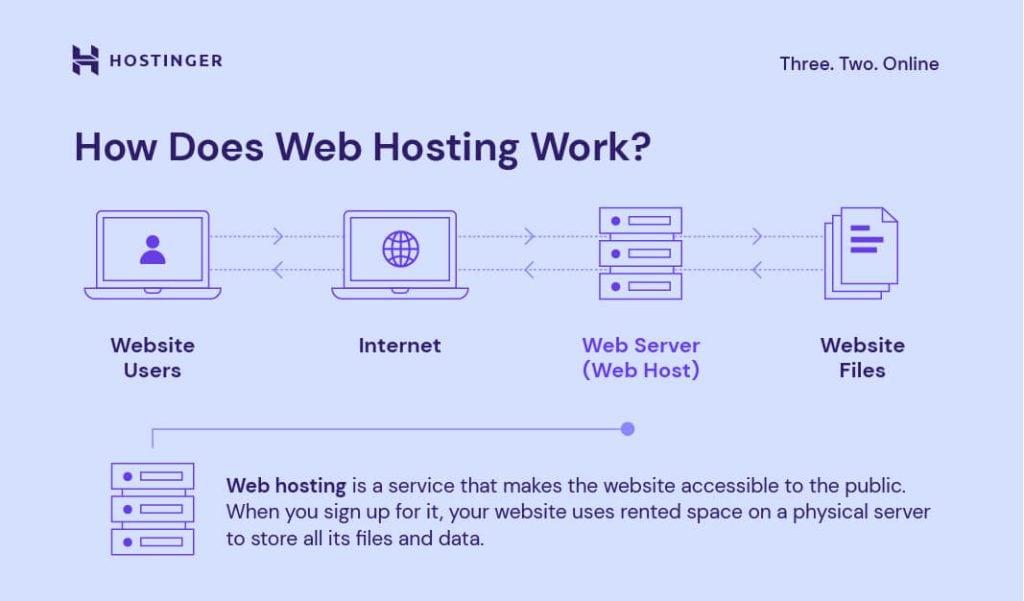
Future Trends in Cloud Hosting: What to Expect in 2024
As we look ahead to 2024, the landscape of cloud hosting is poised for significant shifts. Companies like Hetzner and OVH are at the forefront of these changes, each bringing unique offerings that cater to a diverse clientele. Here are some trends that we are likely to see unfold in the coming year.
Increased Automation and AI Integration
One of the most exciting developments will be the increased use of artificial intelligence in cloud management. Automation tools will streamline processes such as resource allocation, scaling, and cost management. This will not only enhance efficiency but also reduce the potential for human error. Expect Hetzner and OVH to implement AI-driven solutions that make cloud hosting more intuitive and responsive.
Emphasis on Sustainability
As environmental concerns continue to rise, cloud providers will emphasize sustainability in their infrastructure. Both Hetzner and OVH are likely to invest in greener technologies, such as energy-efficient data centers and renewable energy sources. This trend will resonate with organizations looking to reduce their carbon footprint while still accessing reliable cloud services.
Hybrid Cloud Solutions
Businesses increasingly seek flexibility, and hybrid cloud solutions will become a staple. The ability to blend private and public clouds will allow companies to optimize performance and cost. Hetzner and OVH are expected to enhance their hybrid offerings, making it easier for users to tailor their cloud environments to meet specific needs.
Enhanced Security Features
With the rise of cyber threats, security will remain a key concern for cloud users. In 2024, we can anticipate more advanced security features being integrated into cloud platforms. Expect Hetzner and OVH to prioritize robust security protocols, including multi-factor authentication, end-to-end encryption, and real-time threat detection to safeguard user data.
Cost Transparency and Predictive Pricing
Budgeting for cloud hosting can often feel like navigating a maze. In response, providers will focus on offering clearer pricing structures. Look for both Hetzner and OVH to introduce predictive pricing models that help customers forecast costs based on usage patterns, enabling better financial planning.
Support for Edge Computing
The demand for low-latency applications is driving the growth of edge computing. As this trend unfolds, cloud providers will expand their edge capabilities, allowing businesses to process data closer to the source. This will enhance performance, especially for IoT applications. Expect Hetzner and OVH to roll out new services that capitalize on this shift.
Comparison Table for Key Features of Hetzner and OVH in 2024
| Feature | Hetzner | OVH |
|---|---|---|
| AI Integration | Yes | Yes |
| Sustainability Initiatives | High | Very High |
| Hybrid Cloud Support | Yes | Yes |
| Security Features | Advanced | Comprehensive |
| Cost Transparency | Improving | Excellent |
| Edge Computing | Expanding | Established |
These trends indicate a promising future for cloud hosting, with Hetzner and OVH ready to adapt and innovate. Keeping an eye on these developments will help you choose the right provider that aligns with your business needs in 2024.
Final Thoughts: Choosing Between Hetzner and OVH Cloud
In the quest to select the right cloud provider for your needs, both Hetzner and OVH offer compelling advantages. However, your final choice should hinge on specific requirements and priorities. Here’s a closer look at what to consider.
Performance and Speed: If your projects demand high-performance capabilities, Hetzner is often lauded for its superior speed and lower latency. Their servers are optimized for performance, making them a preferred choice for developers looking to run resource-intensive applications. Conversely, OVH also provides robust performance but may lag slightly in speed in specific regions.
Pricing Structure: One of the most critical factors is the pricing model. Hetzner is known for its competitive pricing, especially for VPS and dedicated servers. Their transparent billing and no hidden fees make it easier for businesses on a budget. OVH offers a range of pricing options, which can be appealing for larger enterprises but may lead to complexities in estimating the total cost.
Geographical Presence: When considering geographical reach, OVH has a larger global infrastructure with data centers across multiple continents. This can be beneficial for companies aiming to serve a global audience. Hetzner, while having a stronghold in Europe, may not offer the same level of global distribution.
Features and Flexibility: Both providers have a suite of features designed for different use cases. Hetzner’s interface is often praised for its simplicity and ease of use, ideal for those who want to get started quickly. OVH, on the other hand, offers an extensive range of services, from bare metal to scalable cloud solutions, which may suit larger companies requiring diverse capabilities.
Support and Community: The quality of support can make or break your experience with a cloud provider. Hetzner is known for its responsive customer service and an active community, which can be invaluable for troubleshooting. OVH also provides a decent support framework, though some users report longer wait times during peak periods.
Security Features: Security is paramount for any cloud service, and both Hetzner and OVH prioritize it. Hetzner provides robust security measures, including DDoS protection and regular backups. OVH, similarly, offers advanced security features, but it’s essential to evaluate which provider’s security protocols align with your specific compliance requirements.
| Feature | Hetzner | OVH |
|---|---|---|
| Performance | High with low latency | Robust, slightly slower in some areas |
| Pricing | Competitive and transparent | Varied, more complex |
| Geographical Reach | Strong in Europe | Global presence |
| User Interface | Simplified and user-friendly | Feature-rich, might be complex |
| Support | Responsive | Decent, longer wait times |
Ultimately, the decision between Hetzner and OVH Cloud boils down to your unique needs. Whether you prioritize speed, affordability, or extensive global reach, taking the time to analyze these factors will lead you to the right choice for your cloud infrastructure in 2024.
Frequently Asked Questions (FAQ)
Q&A: Hetzner vs OVH Cloud - Your Guide for 2024
Q: What are Hetzner and OVH Cloud?
A: Hetzner and OVH Cloud are two prominent players in the cloud hosting industry. Hetzner is a German-based company known for its affordable dedicated servers and reliable cloud solutions. On the other hand, OVH Cloud, based in France, offers a wide range of cloud services, including public, private, and hybrid cloud solutions. Both companies cater to businesses of all sizes, but they each have unique strengths that set them apart.
Q: Why should I consider Hetzner over OVH Cloud?
A: If you’re looking for cost-effective solutions, Hetzner is often more budget-friendly, especially for startups and small businesses. Their servers are robust, and their pricing structure is transparent, which makes it easy to understand what you’re paying for. Plus, Hetzner has a reputation for excellent customer support, which can be a lifesaver when you’re trying to scale your business.
Q: What about OVH Cloud? What’s their edge?
A: OVH Cloud shines when it comes to scalability and versatility. They offer a broader selection of services, including managed Kubernetes, VPS, and dedicated servers, which can be a big draw if you anticipate rapid growth. Additionally, OVH has a global network of data centers, which provides better options for businesses needing low-latency services across different regions.
Q: How do the performance and reliability compare between the two?
A: Both Hetzner and OVH Cloud deliver solid performance, but they approach it differently. Hetzner’s infrastructure is known for its high performance at lower price points, making it ideal for developers and tech-savvy users. OVH, however, invests heavily in their network infrastructure, offering advanced DDoS protection and redundancy, making it a great choice for businesses that prioritize uptime and reliability.
Q: Can you talk about the customer support experience with each provider?
A: Absolutely! Hetzner is often praised for its responsive and helpful customer support, available through various channels like tickets and community forums. OVH Cloud’s support can be a bit more hit-or-miss; while they do have a vast knowledge base and community support, some users report longer response times. If immediate help is crucial for your operations, Hetzner might have the edge here.
Q: Are there any specific use cases where one provider excels over the other?
A: Great question! If you’re a developer looking for a straightforward, cost-effective hosting solution, Hetzner is your best bet. Their developer-friendly environment makes it easy to deploy applications. On the flip side, if you’re running a large enterprise that requires extensive cloud services, including advanced security features, OVH Cloud could be more suitable due to its diverse offerings and global presence.
Q: What about pricing? How do they stack up against each other?
A: Hetzner generally offers lower pricing, especially for dedicated servers and basic cloud services. Their transparent pricing structure means you won’t encounter hidden fees. OVH Cloud, while potentially more expensive, offers a variety of plans designed for different needs, which can be beneficial if you’re looking for specific features or scalability options. So, it really depends on what services you need and how you plan to grow.
Q: What’s the final takeaway for businesses trying to choose between Hetzner and OVH Cloud?
A: Ultimately, the best choice depends on your specific needs. If budget is a major concern and you want straightforward services, go for Hetzner. If you need a more extensive service portfolio with global reach and enhanced security, OVH Cloud is likely the better fit. Assess your business requirements, consider your budget, and think about your long-term goals to make the best decision for 2024 and beyond!
Concluding Remarks
As we wrap up our exploration of Hetzner and OVH Cloud, it’s clear that both providers bring some compelling features to the table. Whether you’re a seasoned developer, a small business owner, or just dipping your toes into the cloud waters, the right choice ultimately depends on your specific needs and preferences.
If you’re after cost-effective solutions with solid performance, Hetzner could be your go-to option. On the other hand, if you value a robust global infrastructure and an extensive array of services, OVH Cloud might just be the better fit.
Remember, it’s not just about the price tag; think about scalability, support, and the specific tools that will help you thrive in the digital landscape. So, take the insights from this guide, weigh your options, and don’t hesitate to reach out for trial periods or customer support to get a feel for what each provider has to offer.
In 2024, the cloud is your oyster—choose wisely, and you’ll set yourself up for success. Happy cloud computing!



